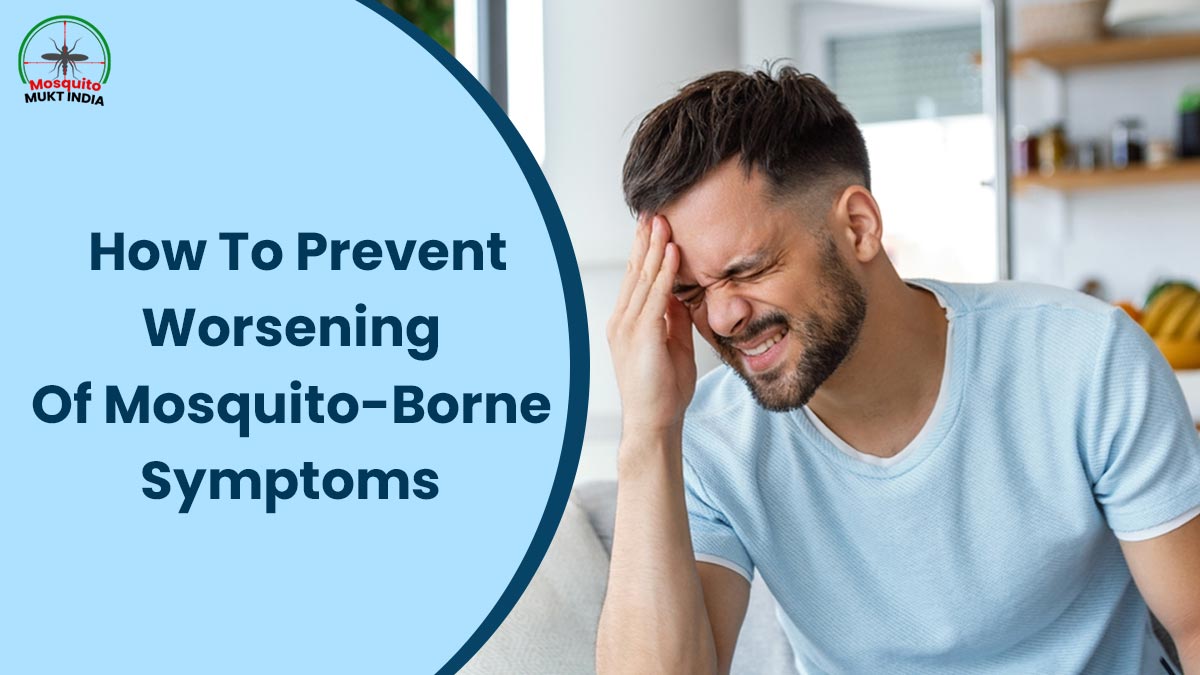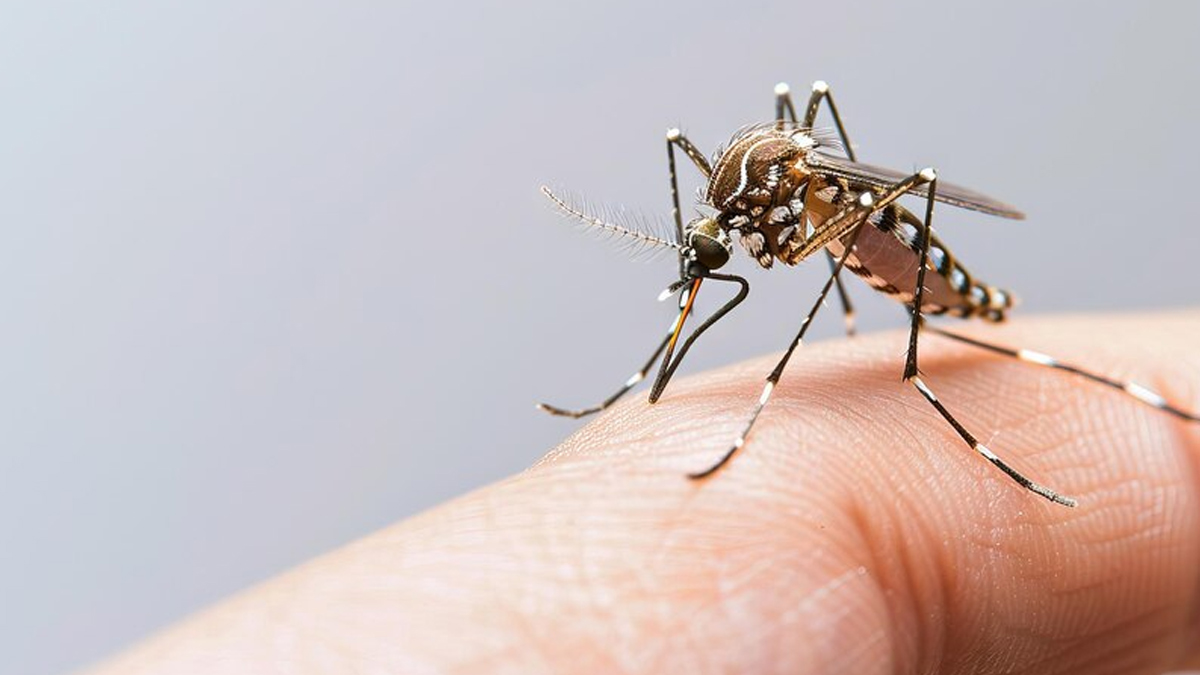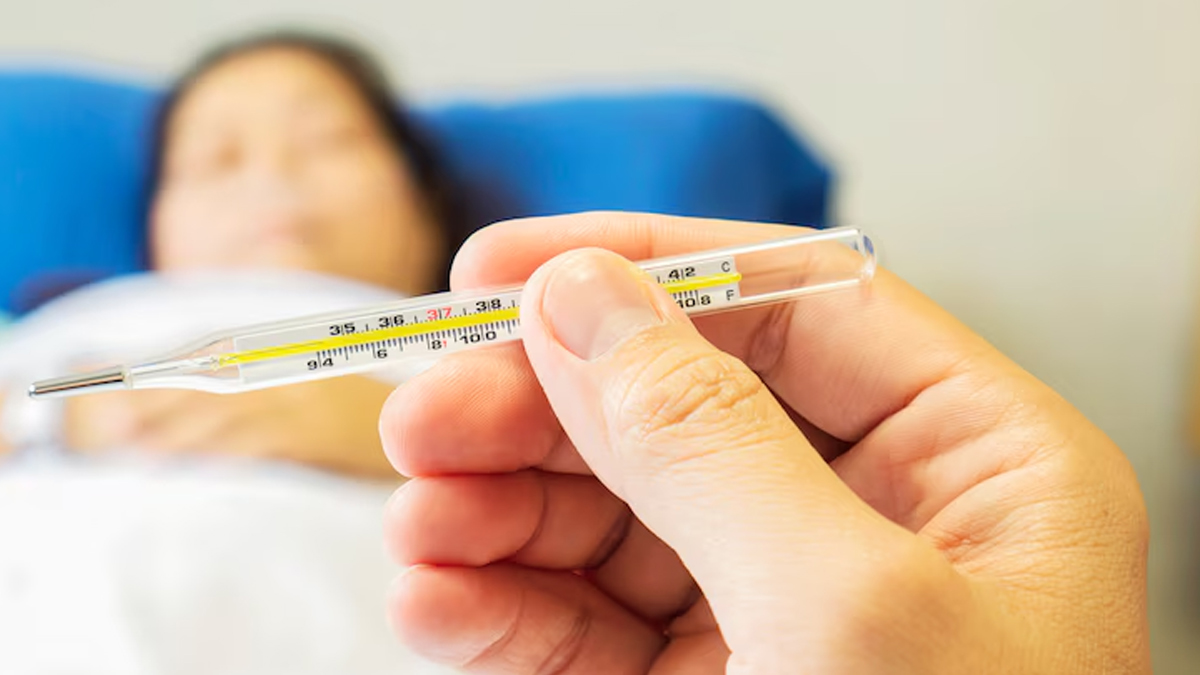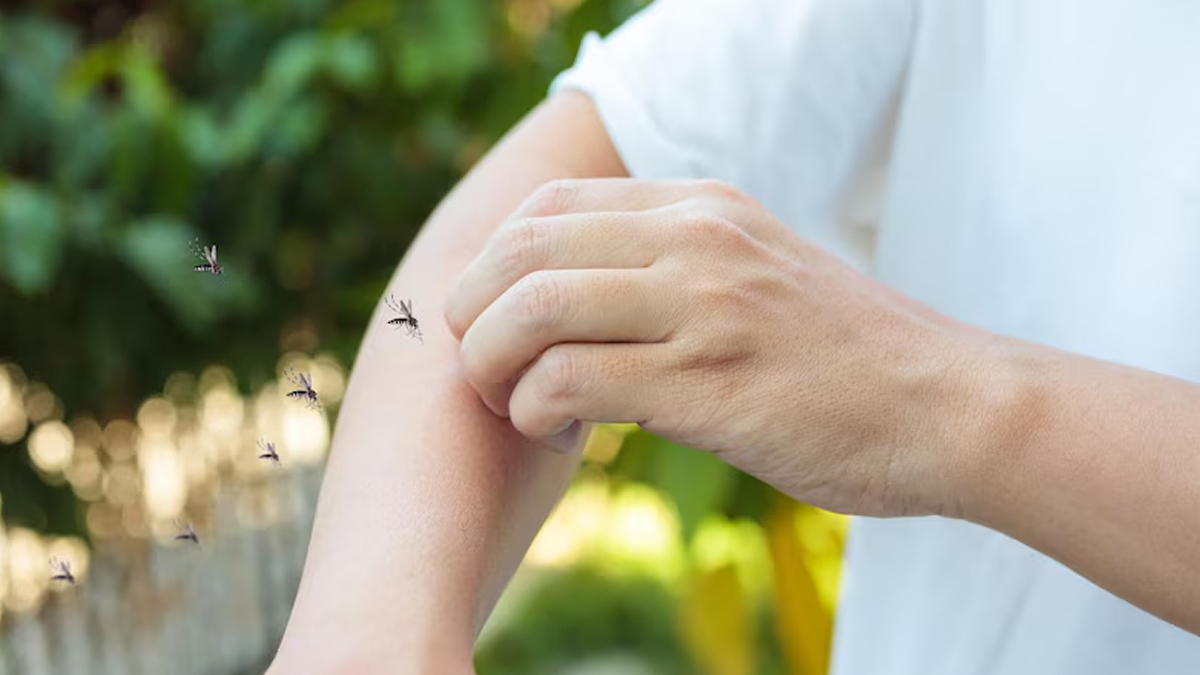
The key to preventing mosquito-borne diseases is mosquito prevention, which involves eliminating stagnant water, wearing full-sleeved, long clothes, using mosquito repellents, and resorting to home remedies like essential oils, mosquito nets, and camphor, to name a few. However, what is the next step if you contract a mosquito-borne infection and start developing symptoms? What are the measures you should take to prevent the symptoms from progressing and worsening? As part of our Mosquito-Mukt India campaign for World Mosquito Day 2024, here's what a doctor wants you to know.
Table of Content:-
Also Read: Mosquito-Mukt India: Understanding The Types Of Mosquito-Borne Diseases And How They Spread
Stop The Spread

When it comes to preventing mosquito-borne illnesses, we must work towards ending transmission and stopping the spread. Yes! Mosquitoes spread. In fact, they are carriers of numerous infectious diseases, from dengue to malaria to chikungunya, that pose significant health risks worldwide.
When a mosquito bites an infected person, it can pick up the pathogen and transmit it to the next person it bites, continuing the cycle of infection.
So what must you do?
Speaking with the OnlyMyHealth team, Dr Brunda M S, Consultant - Internal Medicine, Aster CMI Hospital, Bengaluru, says, "Educating the public about the importance of eliminating stagnant water sources, which serve as mosquito breeding grounds, is crucial." Combining this with regular insecticide spraying and the use of mosquito nets can significantly reduce infection risks, she adds.
Moreover, fostering community engagement and collaboration with health organisations enhances surveillance and response efforts, creating a more resilient community against mosquito-borne diseases, the doctor highlights further.
Recognise Early Symptoms

If you have been bitten by mosquitoes lately and have started to develop certain symptoms, it is crucial to recognise and address them immediately.
According to Dr Brunda, recognising the early signs of mosquito-borne diseases is crucial for timely medical intervention. Symptoms usually include:
- Fever
- Headache
- Joint pain
- Rash
Early detection enables prompt treatment, reducing disease severity and minimising its spread within the community. Moreover, early detection is crucial for containing outbreaks and protecting public health, notes Dr Brunda.
Also Read: The Risk Of Severe Dengue, Possible Death: Actions To Take Before It's Too Late
Immediate Steps If A Person Is Diagnosed With Mosquito-Borne Disease
In most cases, a mosquito-borne illness is manageable with proper monitoring of symptoms, rest, hydration, and Over-The-Counter (OTC) medications prescribed by doctors. However, it still requires immediate medical attention, says Dr Brunda.
Diseases like dengue can take a severe turn at any time. In fact, the World Health Organization (WHO) suggests that severe dengue can be fatal.
"Since the beginning of 2023, ongoing transmission, combined with an unexpected spike in dengue cases, has resulted in a historic high of over 6.5 million cases and more than 7300 dengue-related deaths reported," the health body reports.
Watch Out For Severe Symptoms; How To Stop It From Progressing

Neurological symptoms such as confusion, seizures, or impaired movement, along with changes in vital signs like rapid heart rate or low blood pressure, indicate a worsening mosquito-born condition and need to be brought to your doctor’s attention, advises Dr Brunda.
She adds that effective management of dengue and malaria requires appropriate medication, including antimalarial drugs specifically targeting the Plasmodium parasite causing malaria.
Supportive care, including intravenous fluids and electrolyte management, is crucial for severe cases, as these interventions are vital for patient recovery and overall disease management, the doctor concludes.
Also watch this video
How we keep this article up to date:
We work with experts and keep a close eye on the latest in health and wellness. Whenever there is a new research or helpful information, we update our articles with accurate and useful advice.
Current Version